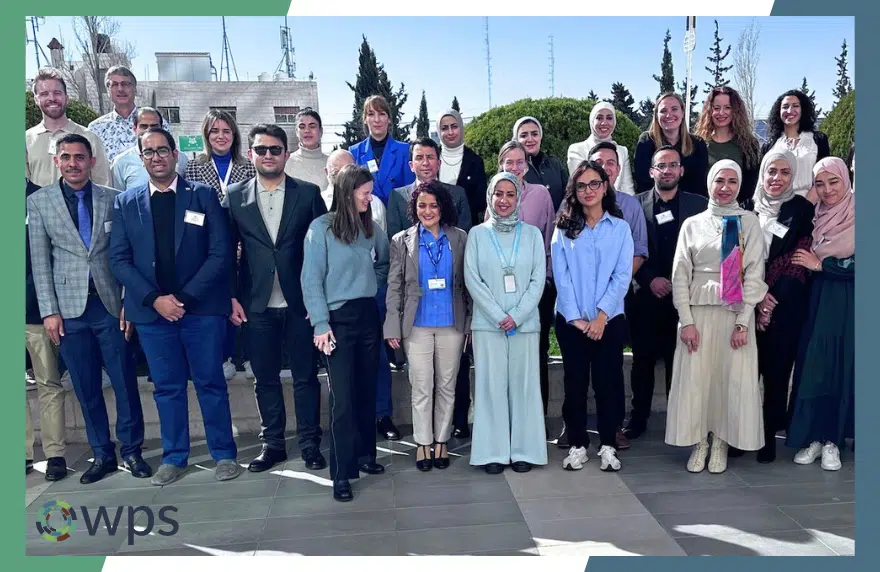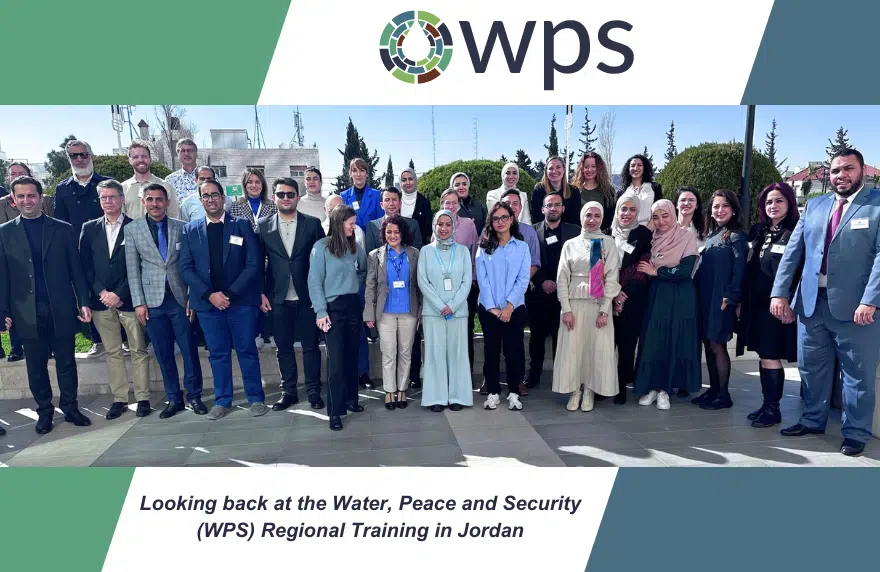July 22 was the hottest day ever recorded by humans and it fell during the second consecutive hottest a (northern hemisphere) summer on record. This unprecedented heat has heightened the likelihood of water-related violent conflict and humanitarian crises, according to the latest analysis from the Water Peace and Security Partnership’s Global Early Warning Tool.
In the Middle East, extreme heat has strained local infrastructure, with Dubai recording a heat index of 45 C and Iran 42 C, pushing the boundaries of heat tolerance for people living in the region. Groundwater extraction is leading to land subsidence in Iran. In Palestine, Israeli settlers further restricted access to fresh water springs on the West Bank, with some Palestinian communities having water in their taps only once a month.
The Quarterly Update, based on the findings of the WPS Global Early Warning Tool, notes that key regions to watch include East Africa, where severe flooding has displaced 1.2 million people in Sudan and South Sudan. This is compounded by worsening food insecurity across the Intergovernmental Authority on Development region – Djibouti, Ethiopia, Kenya, Somalia, South Sudan, Sudan and Uganda. In addition, Central and West Africa have faced devastating floods, while 70 million people in Southern Africa remain affected by the ramifications of a year-long drought that ended in mid-2024.
Dam collapses
A key concern is the increasing risk of dam collapses, exacerbated by climate change and conflict. Recent failures in Sudan, Nigeria, and Kenya highlight the vulnerability of the world’s 70,000+ dams. Extreme weather events, like heavy rains and prolonged droughts, strain aging infrastructure, while conflict disrupts maintenance and increases the risk of sabotage. Without urgent action, these failures could lead to catastrophic flooding, loss of life, and displacement. Meanwhile, massive floods in Bangladesh following water released from a dam in India.
In Southeast Asia, Typhoon Yagi has devastated millions of lives. In civil war-torn Myanmar alone, heavy flooding and landslides caused by the typhoon have destroyed 65,000 homes.
Day Zero
In the Americas, Hurricane Helene caused widespread destruction in the south-eastern United States, while parts of South America face the worst drought in seven decades. Mexico City narrowly avoided Day Zero, when water supplies were due to run dry. Though the threat was averted, reservoir levels remain low.
The analysis reveals growing threats to global stability driven by extreme weather and water scarcity. By identifying potential hotspots, WPS hopes to stimulate interventions which mitigate tensions before violence erupts.
“With concerted and timely action – such as improving water cooperation through dialogue and adapting to climate change – we can reduce the risk of water-related conflict,” says Yasir Mohamed coordinator of the WPS partnership. “By sounding the alarm, our updates aim to spark informed action that in the end will prevent and minimize conflict.”
The Quarterly Update, based on the findings of the WPS Global Early Warning Tool, underscores the increasing intersection of climate change, water scarcity and violent conflict. WPS calls for urgent global action to address these challenges and reduce water-related tensions.
The quarterly update, based on the findings of the WPS Global Early Warning Tool, highlights several areas of Africa, Asia and the Middle East to watch over the next 12 months for insecurity fuelled by climate and water challenges.
Find out more in the WPS Quarterly Update October 2024

For more information, contact: Nicola Chadwick, Mobile +31 621405472, Email: n.chadwick@un-ihe.org / communiction@un-ihe.org
IHE Delft Institute for Water Education, Westvest 7, 2601 DA Delft, the Netherlands









